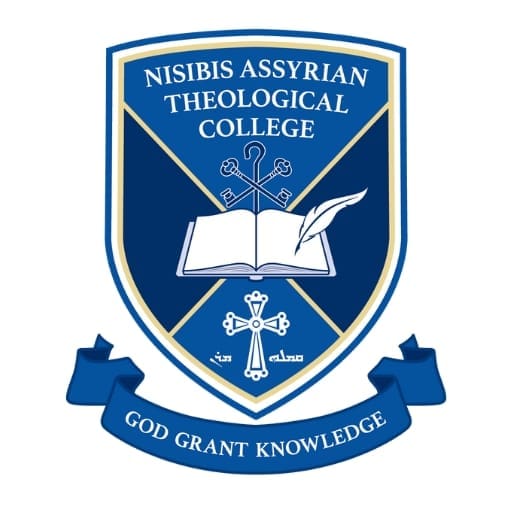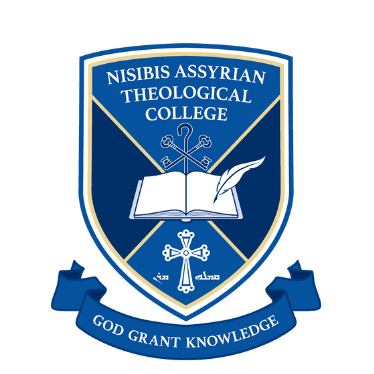Unit code T8105
Unit name Basic Christian Doctrines
Unit weighting 9 cp
Exclusions T7105 Introduction to Christian Doctrines
Curriculum objective This graduate course unit introduces students to the foundational doctrines of the Christian tradition, enabling them to explore and evaluate the distinctives of their faith within the context and shape of that tradition. It provides a critical foundation for all future theology course units.
Learning outcomes At the end of this unit students will be able to:
- Explain in detail the major doctrines within a particular Christian tradition
- Outline the variant doctrinal distinctives within different expressions of Christian traditions
- Analyse critically a range of primary and secondary texts by relevant theological thinkers
- Use critical methods of theological reflection to examine major doctrines
- Apply insights from their study to a range of settings in Christian life and ministry
Content
- Thinking Theologically: Theological Method
- The Christian Tradition: A Brief Overview
- Jesus of Nazareth: The Founder and the Sources
- The Christian Theological Streams
- The Christian Tradition: Essential Doctrines
- The Triune God, Creation and Providence, Humanity
- The Person and Work of Christ
- The Person and Work of the Holy Spirit
- The Church and Ministry
- Eschatology and the New Creation
- A Theology of Discipleship: The Spiritual Journey, Christian Spiritual Formation
Assessment profile In this unit, the required assessment tasks will enable students to demonstrate how successfully they can:
- Present cogent statements of foundational doctrines and the significance of their distinctives [Outcomes 1, 2, 4]
- Appraise the contribution to the understanding of foundational doctrines by significant theological thinkers and texts [Outcomes 2, 3, 4]
- Apply insights from their study to a range of issues prominent in life and ministry in the contemporary context [Outcomes 1, 4, 5]


